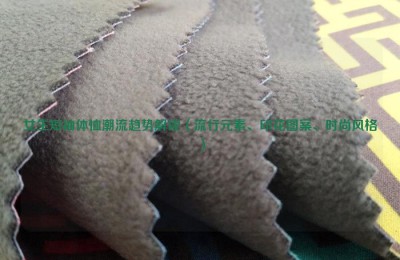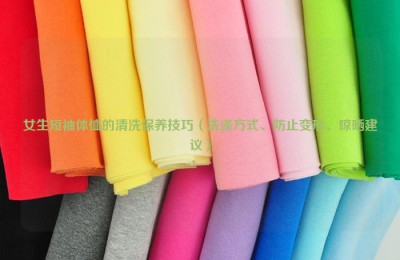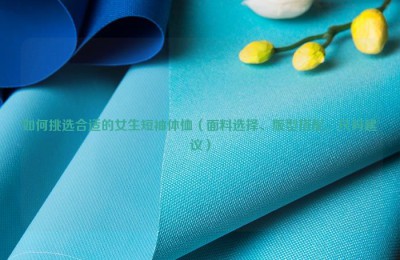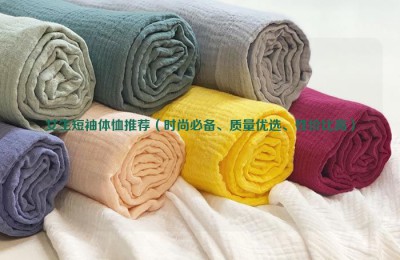(2) American cotton drying equipment
The United States has been researching mechanical conveyor belt drying machines since the 1960s. Although there have been some developments, no reliable prototype has been developed. After five years of testing on the multi-layer cotton tower drying machine from 1983 to 1987, Ai Clay, president of the American Acrylic Engineering Company, found that although the multi-layer cotton drying tower consumed a lot of energy, it did not play a good role. Drying effect. The test results of some ginneries in California also show that it is impossible to reduce the speed and pressure of the hot air fan to reduce the power consumption of the hot air passing through the drying tower. Only by changing the type of cotton dryer can power consumption be saved. Since then, the United States has accelerated research on cotton drying systems, and has developed several types of cotton drying machines.
1. Pipeline hot air drying system
The pipe type hot air drying system was developed by Aikeli Engineering Company. It is designed with two new drying devices: the first one uses cotton and hot air Based on the principle of convection drying at the beginning of the encounter, a cotton blowing box that can generate high-speed airflow is designed. It is composed of a high-speed airflow nozzle and a cotton transport duct, which can cause the cotton to be blown into individual cotton as soon as it falls into the high-speed airflow. Flap or single particle cotton, the drying effect is very effective. The second is a cotton suction and conveying device, which uses 176.7°C high-temperature hot air to suck cotton fibers from the cotton mold pile or cotton transport trailer through the cotton suction pipe. This kind of hot air suction tube drying cotton is equivalent to placing the cotton in a high-temperature airflow with low wind speed. The high-temperature hot air can dry the cotton immediately.
The results of the cotton drying test show that when the advantages of the hot air cotton suction pipe are combined with the above-mentioned cotton blowing box, better drying effects can be obtained.
When the gin factory adopts this type of hot air suction tube cotton drying device, it is recommended to use the following supporting equipment: hot air suction tube, inclined nail drum cleaning machine, automatic control cotton feeding machine, high wind speed blowing box, Cotton pre-cleaning equipment.
2. Fountain type cotton drying system
The fountain type cotton drying system was developed by Shamir Jackson Company. Its process equipment includes belt cotton conveyor, hot air blowing system, hot air cotton conveying pipe, fountain drying Cotton chamber, hot air cotton conveying pipe and tilting cotton cleaning machine.
This system designs a sled-shaped sensing device, which is installed at the entrance of the belt-type cotton conveyor to detect the moisture entering the cotton. The rising and falling signals it outputs can control each temperature controller. The wind temperature at a fixed point can also provide a signal to transfer the wet cotton to other external cotton warehouses for special treatment.
3. Belt type cotton drying machine
Although the efficiency of pipe type and fountain type cotton drying machines is greatly improved compared to the multi-layer tower type cotton drying machine, and the energy saving effect is also obvious, their drying principles and many The form of the layer tower is basically the same, that is, hot air is used to transport the cotton and dry the cotton. During operation, only the air temperature and air volume can be controlled, but the drying time cannot be controlled. The cotton is exposed to hot air for only 5 to 6 seconds. The belt dryer can control the drying time of the cotton dryer to improve the drying effect. It is the latest technology cotton dryer.

The belt dryer is shown in Figure 7-8. The wet sub-cotton is transported by the cotton feeding conveyor belt and falls to the cotton inlet at the head of the mesh conveyor belt of the belt dryer, forming a sub-cotton layer with an average thickness of 35.6cm. The mesh belt transports the cotton upwards at an angle. During the transportation process, the cotton fibers in the cotton are gradually dried, and fall into the inclined nail roller cotton cleaning machine at the cotton outlet, and then enter the cotton cleaning and ginning process. process.
The cold air required for hot air drying of cotton is sucked in from the atmosphere by the hot air blower. After being heated by the burner into hot air, it is transported through the hot air duct to the hot air distribution hood above the cotton layer, and passes through many air distribution holes in the hood. Blows to the surface of the cotton layer and penetrates downward through the entire cotton layer to produce a drying effect. The dry hot air takes away moisture, dust and fine impurities from the cotton fibers, forming moist waste hot air, which is finally discharged to the Shakron dust collection device through the exhaust fan.
4. Other cotton drying machines
The Southwest Cotton Processing Research Laboratory of the United States Department of Agriculture has researched and developed cross-drying and counter-wind drying methods. The advantages of these two cotton drying methods are to ensure the drying quality of cotton. Under the premise, save energy.
AAA composite fabric mesh ASE3RETRUY7I8OFG






